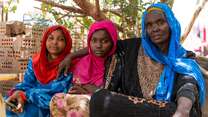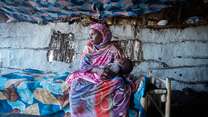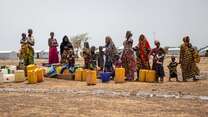Lebanon’s economic, political, and social contexts have been significantly impacted by multiple, concurrent crises since 2019. Already experiencing a financial crisis, a massive explosion in the Port of Beirut (POB) in August 2020 caused considerable loss of life and injury, displacement, physical damage to infrastructure, and further affected the country’s economic standings. The COVID-19 pandemic and political deadlock worked to further deepen this crisis. Consequently, Lebanon's overall socio-economic welfare has significantly deteriorated, impacting various segments of the population including, but not limited to, the host community, internally displaced persons, forcibly displaced individuals, and migrant workers. Within this context, the NGO sector has been an essential lifeline for vulnerable groups, providing them with critical social services and supporting their immediate- and longer-range social recovery needs while national systems remain unable to fill these gaps.
The Social Recovery Project will focus on reducing vulnerabilities prevalent amongst three groups affected by the socioeconomic crisis across the country: (i) survivors of Gender-Based Violence (SGBV); (ii) those suffering from deteriorated psycho-social wellbeing; (iii) and/or those facing limitations related to being a person with disabilities and older persons. Supporting Social Recovery Services interventions will entail providing grant financing directly to a selected number of NGOs, to enable them to provide social services to reduce vulnerabilities in these groups.
This will be achieved by supporting non-government stakeholders that are engaged and have a track record in delivering social recovery services and working with target groups by improving their capacity to participate in the broader social recovery and reconstruction processes.
The World Bank has selected the International Rescue Committee (IRC) to act as the Intermediary Implementing Agency (IIA) to implement the Support for Social Recovery Needs of Vulnerable Groups project. The IRC will take on project management, grant provision and/or procurement of services from NGOs and will be responsible for the fiduciary supervision of the selected NGO partners.



